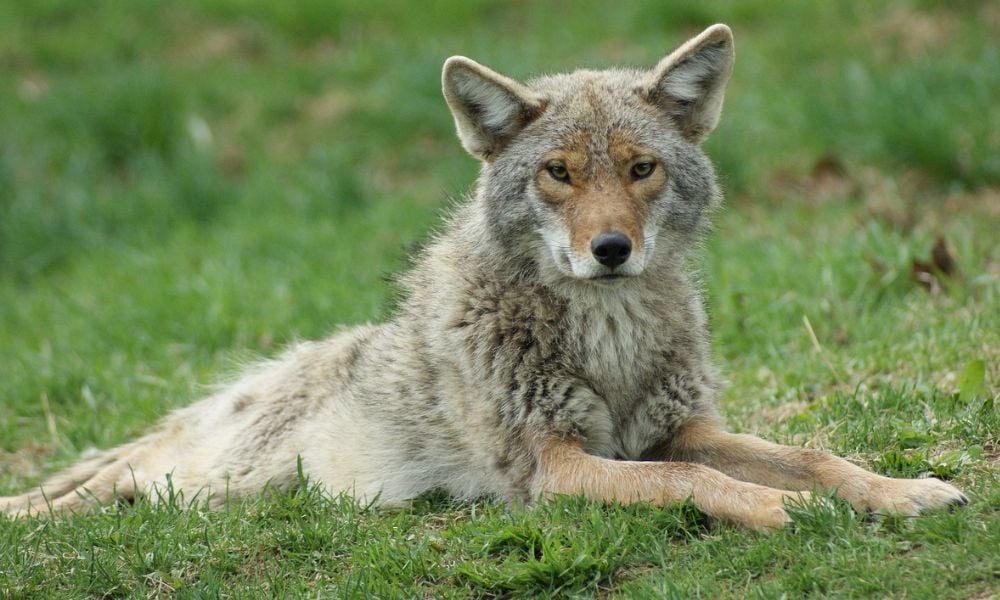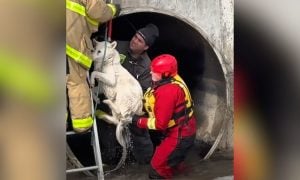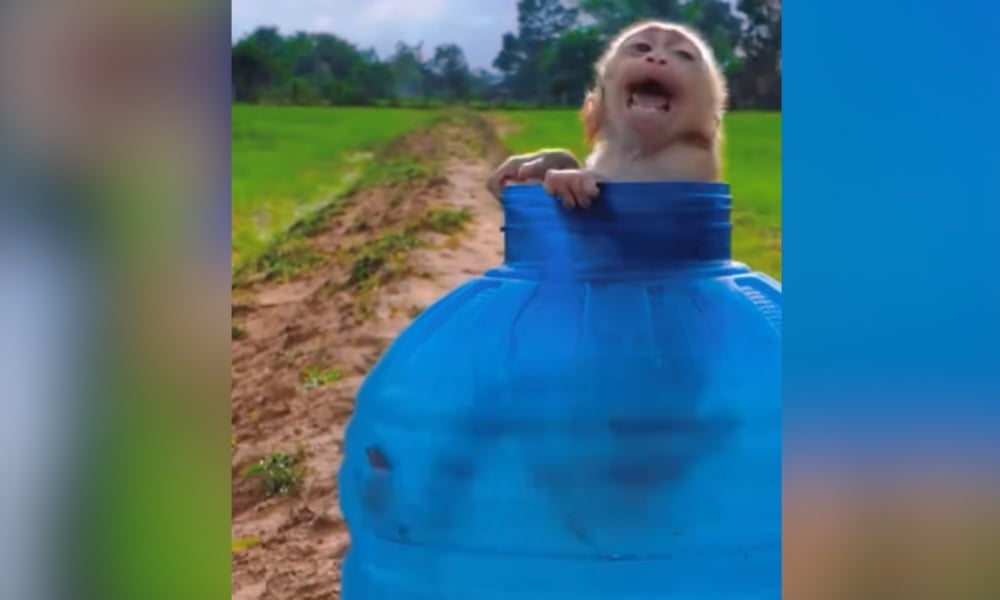Americans seem to have a soft spot for animals and want more laws to protect them from cruelty and suffering, according to a new survey by Colorado State University and Project Coyote.
The survey asked questions about everything from native wildlife to farm animals and was administered to more than 2,000 residents of the United States. It found that 85% of respondents believe a federal law banning cruelty to wildlife is needed. A majority also felt that running wild animals over with vehicles — which is called “whacking” — should be outlawed. While this practice is both legal and accepted in most states, opposition has grown much stronger after the tragic incident when a wolf was run down by a snowmobile and killed in Wyoming.
Most Americans think that wildlife killing contests are also inhumane and should be banned, the survey reported. Ten states have already passed laws against these brutal competitions.
Hunting is another topic that saw firm support for wildlife. Approximately 81% of respondents want a state law that mandates a specific length of time for hunting season. According to survey results, some states have few restrictions or allow year-round hunting of particular animals. For example, about 500,000 coyotes are killed each year in the United States because most states allow them to be hunted anytime. When a hunter kills a coyote mother, her babies — who are still too young to survive on their own — may also die.
Other survey questions uncovered an overwhelming unease about how farm animals are treated. Three-fourths of participants disagreed with a survey statement that farm animals live “good” lives. Most participants strongly believe farmed pigs and chickens deserve more space to move around. The survey also found that a majority would accept bans on the sale of pork from pigs kept in confinement and on the sale of eggs from chickens forced to live in battery cages.
Lady Freethinker commends Colorado State University’s Animal-Human Policy Center and Project Coyote for compiling this broad survey about the public’s feelings toward animal cruelty and abuse. We hope lawmakers will consider the results carefully when working on future bills and policies concerning animal welfare.








